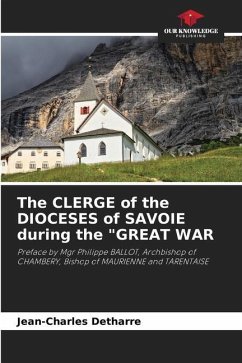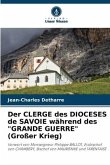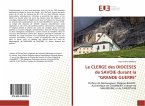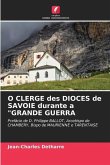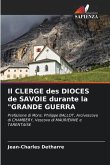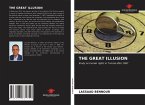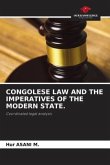Contrary to what we might think, the 1905 law maintained some privileges in favor of the clergy: for example, the front line was reserved for those under 30 years of age, men between 30 and 40 years of age were assigned as stretcher bearers, ambulance drivers and nurses close to the lines, and those between 40 and 45 years of age had to help care for the wounded in hospitals. These advantages disappeared and equality between all Frenchmen was ensured by a parliamentary amendment called Sixte QUENIN (January 31, 1917). The clergy of the dioceses of SAVOIE naturally respected this legislation and, as early as 1914, many priests, seminarians, teachers and religious went to the combat zones, whether they had been called up or had volunteered. All of them were of exemplary courage and self-sacrifice; some were true heroes and officially recognized as such. Always patriotic and combative, the members of the Savoyard clergy did not lose their faith nor their priestly vocation, they knewhow to help and comfort those who were in pain; to pray and to celebrate services. In the words of Monseigneur de BAZELAIRE de RUPIERRE, they were "priests first".

